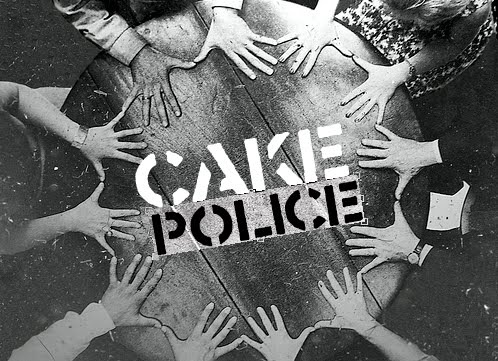The Obama administration has been hovering around this one for a while now, and obviously found their perfect moment to pull the trigger, literally. Glenn Greenwald on the newly emboldened Obama administration's assassination attempt this Friday, whose target was American citizen Anwar al-Awlaki, who, it should be noted, has never been accused of carrying out any acts of violence, but merely engaging in rhetoric that allegedly
inspires people to carry out violent acts:
"The attack does not appear to have killed Mr. Awlaki, the officials said, but may have killed operatives of Al Qaeda's affiliate in Yemen. "
"The other people killed "may have" been Al Qaeda operatives. Or they "may not have" been. Who cares? They're mere collateral damage on the glorious road to ending the life of this American citizen without due process (and pointing out that the Fifth Amendment to the U.S. Constitution expressly guarantees that "no person shall be deprived of life without due process of law" -- and provides no exception for war -- is the sort of tedious legalism that shouldn't interfere with the excitement of drone strikes).
"There are certain civil liberties debates where, even though I hold strong opinions, I can at least understand the reasoning and impulses of those who disagree; the killing of bin Laden was one such instance. But the notion that the President has the power to order American citizens assassinated without an iota of due process -- far from any battlefield, not during combat -- is an idea so utterly foreign to me, so far beyond the bounds of what is reasonable, that it's hard to convey in words or treat with civility.
"How do you even engage someone in rational discussion who is willing to assume that their fellow citizen is guilty of being a Terrorist without seeing evidence for it, without having that evidence tested, without giving that citizen a chance to defend himself -- all because the President declares it to be so? "I know Awlaki, my fellow citizen, is a Terrorist and he deserves to die. Why? Because the President decreed that, and that's good enough for me. Trials are so pre-9/11." If someone is willing to dutifully click their heels and spout definitively authoritarian anthems like that, imagine how impervious to reason they are on these issues."
"What's most striking about this is how it relates to the controversies during the Bush years. One of the most strident attacks from the Democrats on Bush was that he wanted to eavesdrop on Americans without warrants. One of the first signs of Bush/Cheney radicalism was what they did to Jose Padilla: assert the power to imprison this American citizen without charges. Yet here you have Barack Obama asserting the power not to eavesdrop on Americans or detain them without charges -- but to target them for killing without charges -- and that, to many of his followers, is perfectly acceptable. It's a "horrific shredding of the Constitution" and an act of grave lawlessness for Bush to eavesdrop on or detain Americans without any due process; but it's an act of great nobility when Barack Obama ends their lives without any due process."
With regard to Greenwald's last point, I think there are two ways to interpret this (at least). The obvious one is that the vast majority of Democrats will support anything that is done by a Democratic president. This is a fact. A second point that Glenn fails to consider however is the "otherness" of Anwar al-Awlaki. Warrantless wiretapping is something that could happen to any American ("Hey, wait, that means me!"), and is therefore much more likely to incite widespread public outcry than an attempt on the life of someone with links to Al-Queda who preaches radical Islam and is named Anwar. Even after Barack Obama was elected President of this country there was/is a large faction that weren't even capable of accepting he was a fellow citizen.
My heart dropped as soon as I read the title to
this post, as it confirms the fears Glenn laid out in his post I quoted here last week, fears I shared. Those who were writing in the wake of bin Laden's killing that this may signal the end of the War on Terror were being incredibly naive. What bin Laden's killing much more likely signified was the setting of a new precedent of what the president could get away with, or, optimistically, the establishment of "grace period" during which no patriotic US citizen will pay even the minimal amount of attention they're normally willing to begrudgingly give to US actions abroad because they don't want their buzz killed. And, as Glenn notes, if this is the new bar for what is acceptable, what could there possibly be that is not? The President sending American troops to war without Congressional approval? Oh, whoops. I forgot.

No comments:
Post a Comment